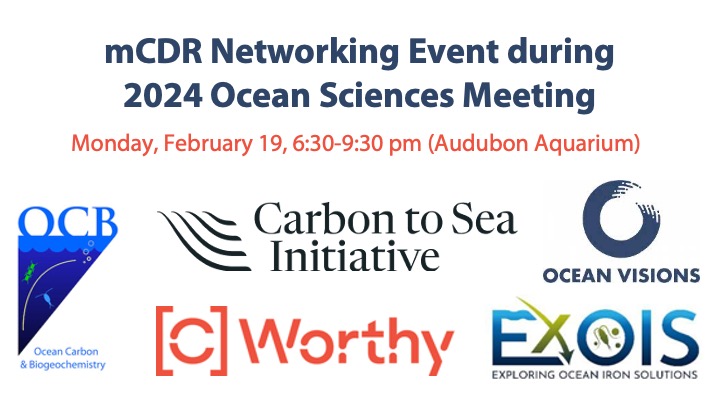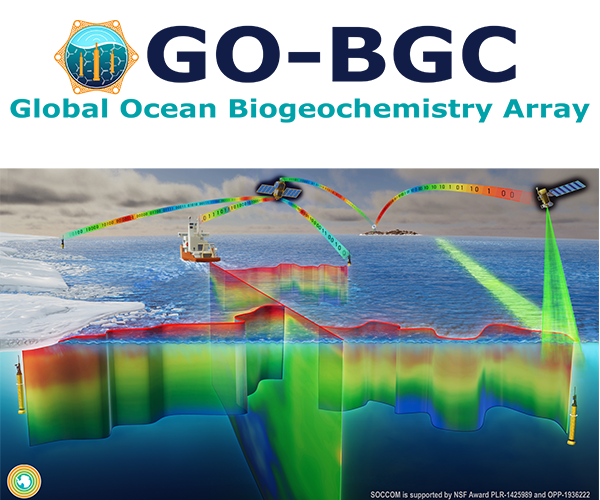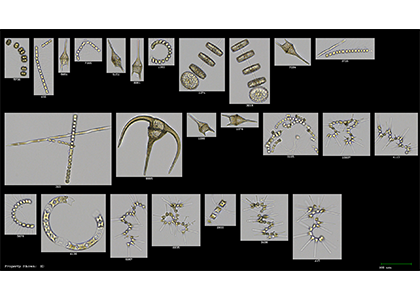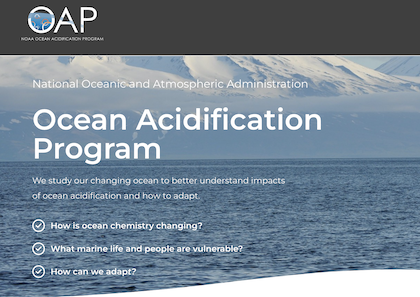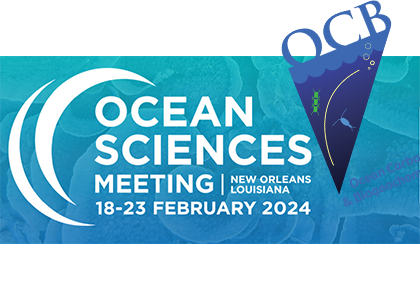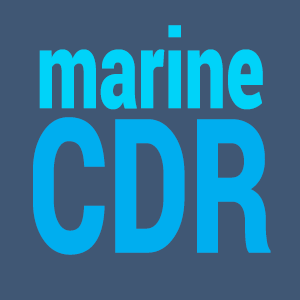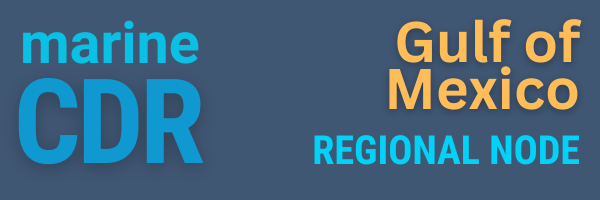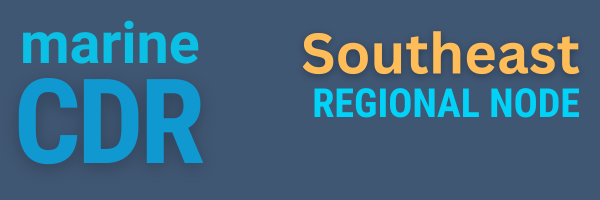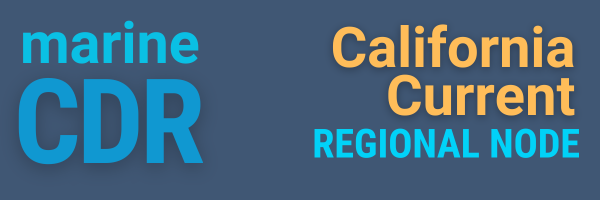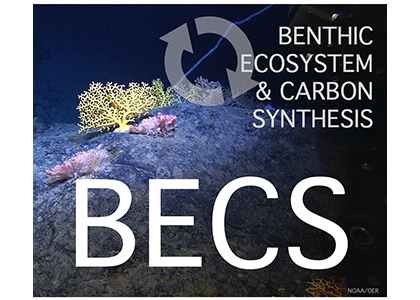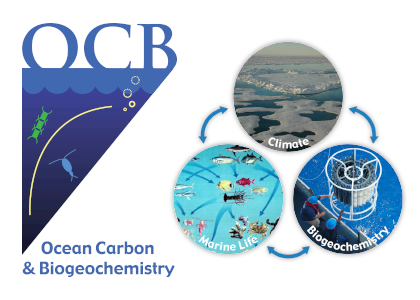Marine carbon dioxide removal (mCDR) has exploded in popularity this Ocean Sciences Meeting. Are you curious and want to learn more? Are you thinking about engaging in an mCDR research project? Want to partner with industry or learn what’s happening in the environmental NGO space? Join co-hosts Ocean Carbon & Biogeochemistry (OCB), Carbon to Sea, Exploring Ocean Iron Solutions (ExOIS), [C]Worthy, and Ocean Visions for an mCDR networking event on Monday, February 19 from 6:30-9:30 pm at the Audubon Aquarium (1 Canal Street, New Orleans, LA). All are welcome to come by for a few minutes, an hour, or the whole evening to peruse the mCDR landscape. The sponsoring organizations will offer welcome and introductory remarks at the beginning, and then we will mingle over food and beverage! We aim to convene a diverse group of multisector stakeholders to share information and explore new collaborations. Hope to see you there!


